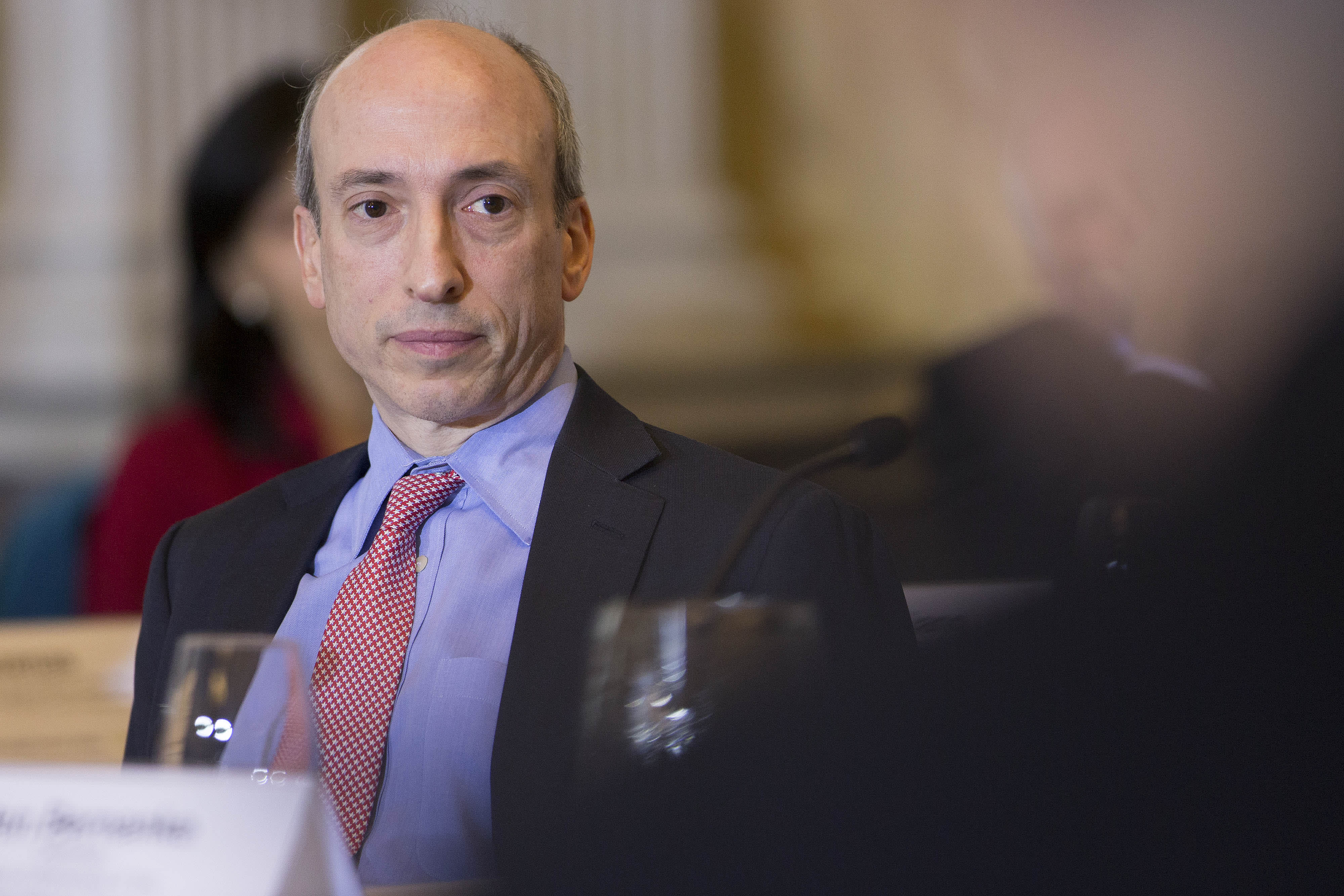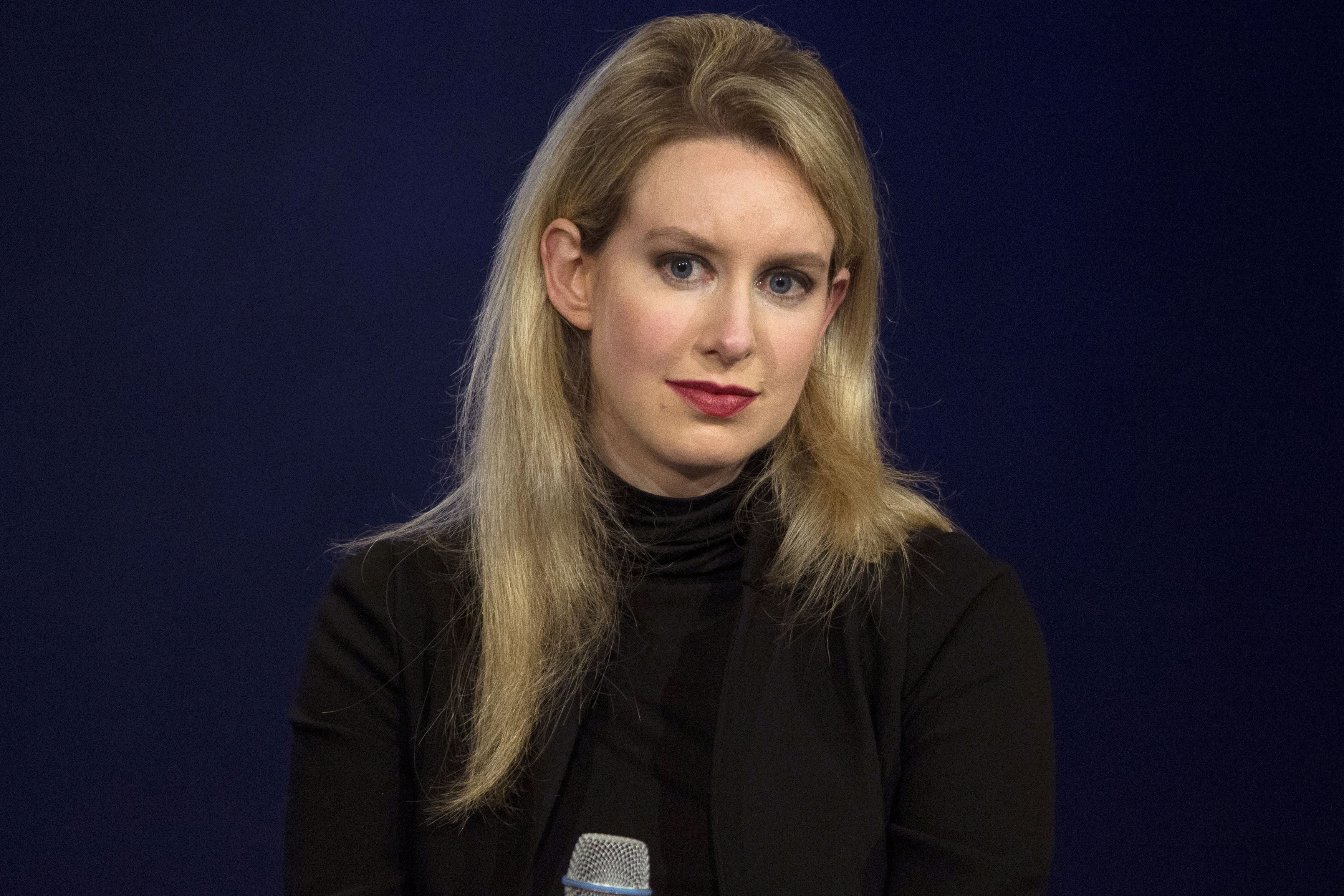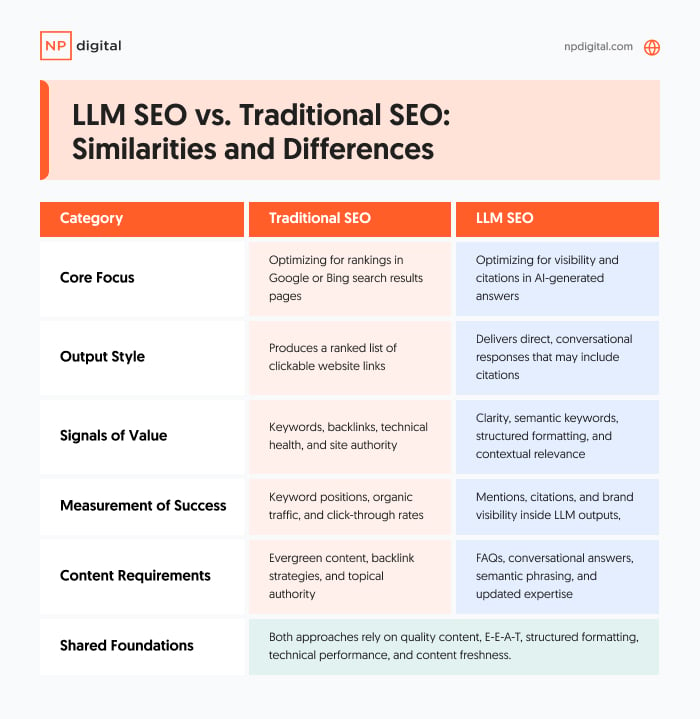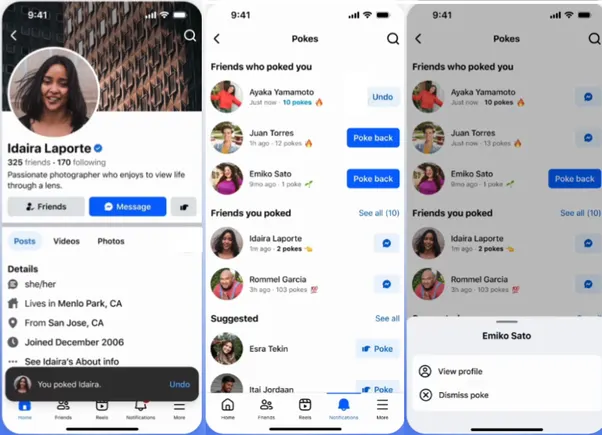Army major and doctor wife charged in plot to give U.S. military medical info to Russians to help in war against Ukraine
A U.S. Army major and their physician wife have been charged with a plot to give military medical information to Russia to help in the war against Ukraine.
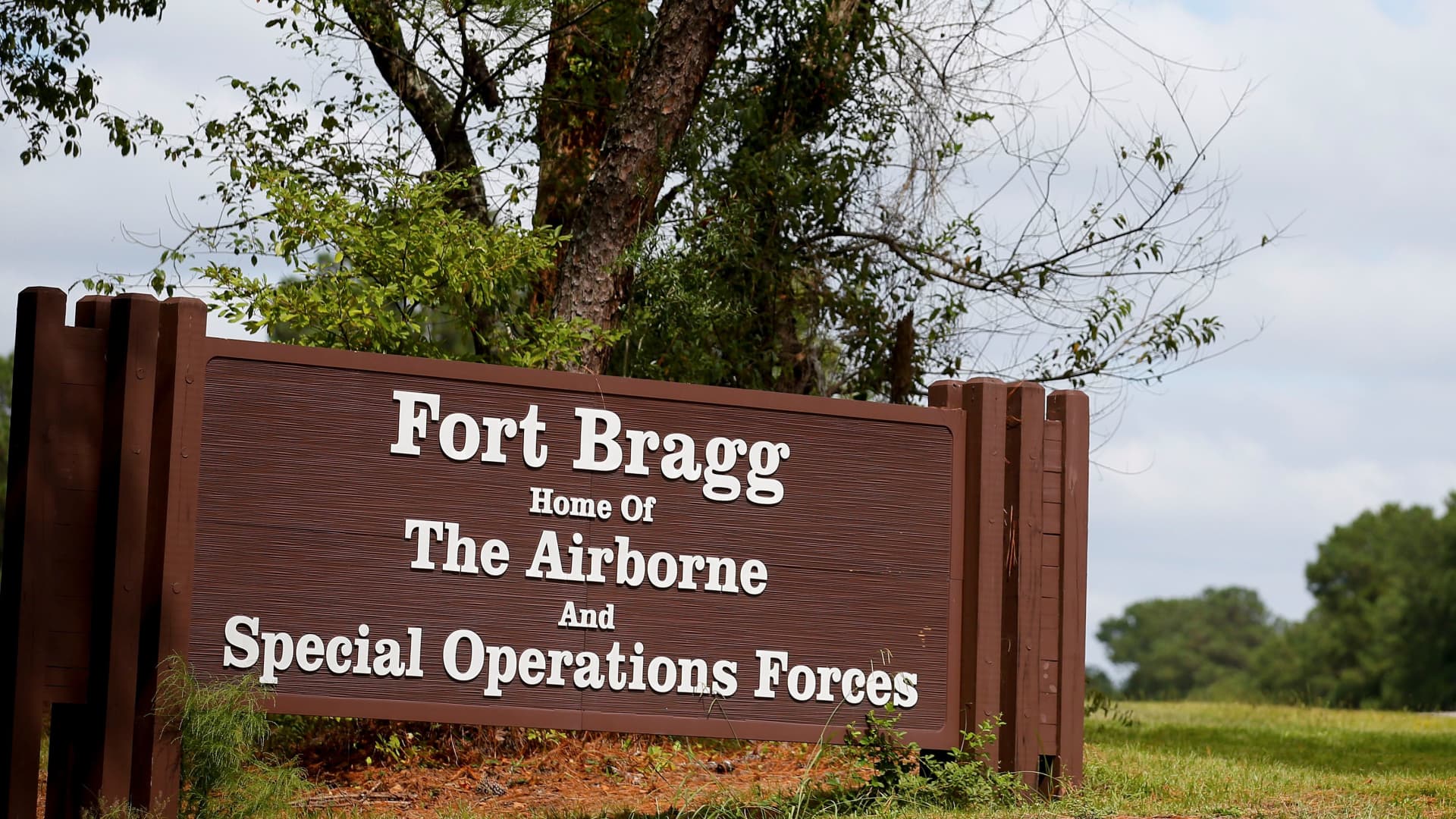
A sign of Fort Bragg is seen in Fayetteville, North Carolina September 26, 2014.
Chris Keane | Reuters
A U.S. Army major doctor and their physician wife were arrested for an alleged criminal plot to give Russia confidential medical information about people connected to the American military and government.
The couple, 39-year-old Maj. Jamie Lee Henry, and anesthesiologist Anna Gabrielian, 36, aimed to help Russia in its ongoing war against Ukraine, according to federal prosecutors.
The Rockville, Maryland, couple believed they were passing medical information to a Russian Embassy employee, according to an eight-count indictment unsealed Thursday in Baltimore federal court. But in reality, the recipient of the confidential material was an undercover FBI agent.
The information related to a handful of patients at Fort Bragg in North Carolina, where Henry was a staff internist, and at Johns Hopkins Hospital in Baltimore, where Gabrielian works, the indictment said.
The indictment accuses the couple of giving the purported embassy worker that information to demonstrate their level of access to such material about "U.S. personnel" and to show "the potential for the Russian government to gain insights into the medical conditions of individuals associated with the U.S. government and military, to exploit this information."
That complaint charges the couple with conspiracy and wrongful disclosure of individually identifiable health information.
Henry had secret-level security clearance while working at Fort Bragg, the largest military post in the U.S. Fort Bragg is the home of the Army's XVIII Airborne Corps, the headquarters of the Army's Special Operations Command and the Womack Army Medical Center.
Henry in 2015 was reported to be the first known active-duty Army officer to come out as transgender.
Gabrielian speaks both English and Russian, according to the webpage of Johns Hopkins.
Both defendants appeared Thursday in federal court in Baltimore.
Magistrate Judge Brendan Hurston ordered Gabrielian released on an unsecured $500,000 bond into home detention, with electronic monitoring, while Henry was released without bond into home detention and electronic monitoring.
Henry's lawyer, David Walsh-Little, declined to comment on the case beyond confirming the details of his client's appearance in court. Teresa Whalen, a lawyer for Gabrielian, did not immediately respond to a request for comment.
The indictment said an FBI agent posing as a Russian Embassy employee in mid-August approached Gabrielian and asked her about the assistance she had offered to the embassy several months earlier via phone and email.
Gabrielian agreed to meet the agent in a Baltimore hotel room on Aug. 17, the indictment says.
Later that same day, she called the agent "to reaffirm" the couple "were committed to helping Russia," the indictment alleges.
During the meeting, Gabrielian told the FBI agent "she was motivated by patriotism toward Russia to provide any assistance she could to Russia, even if it meant being fired or going to jail," the indictment says.
The charging document says the couple allegedly discussed with the agent the need for them "to maintain 'plausible deniability' regarding their interactions."
"Gabrielian suggested a cover story for their interactions, and a plan for Gabrielian and Henry's children [to] flee the U.S. quickly if Gabrielian and Henry were told to act in a way that could expose their communications and actions to the U.S. government," the indictment says.
Gabrielian allegedly told the agent that Henry "was currently a more important source for Russia than she was, since Henry had more helpful information, including on how the U.S. military establishes an army hospital in war conditions, and about previous training the U.S. military provided to Ukrainian military personnel."
When Gabrielian and Henry jointly met with the agent at the hotel on the night of Aug. 17, the indictment said, "Henry explained to the [undercover agent that they were] committed to assisting Russia, and he had looked into volunteering to join the Russian Army after the conflict in Ukraine began, but Russia wanted people with 'combat experience,' and he did not have any."
"Henry further stated: 'the way I am viewing what is going on in Ukraine now, is that the United States is using Ukrainians as a proxy for their own hatred toward Russia,'" the charging document alleges.
At the same meeting, Henry said Gabrielian had recommended the book "Inside the Aquarium: The Making of a Top Soviet Spy," the indictment alleged. That 1986 book, by Viktor Suvorov, describes the author's training inside the then-Soviet Union's military intelligence system.
Henry also allegedly told the undercover agent, "My point of view is until the United States actually declares war against Russia, I'm able to help as much as I want. At that point. I'll have some ethical issues I have to work through," according to the indictment.
"Gabrielian replied: 'you'll work through those ethical issues,'" the indictment alleges.
Two weeks later, during a meeting with the agent in a hotel in Gaithersburg, Maryland, the couple gave the agent health information related to several individuals, the indictment said.
Gabrielian allegedly gave the agent information related to "the spouse of a person currently employed by the Office of Naval Intelligence" and "highlighted to the [agent] a medical issue reflected in the records [of that person] that Russia could exploit," the indictment said. She also turned over records related to "a veteran of the United States Air Force."
Henry at that same meeting gave the agent medical information related to a current Defense Department employee, a retired Army veteran, the spouse of an Army veteran, and the spouse of two deceased Army veterans, the indictment says.
If convicted, Henry and Gabrielian face a maximum sentence of 10 years in prison for conspiracy, and a maximum of five years in prison for disclosing individually identifiable health information.
U.S. Army spokesman Matt Leonard in a statement to CNBC said, "As this is an open case, we are referring you to the Department of Justice." A DOJ spokesman referred questions to the U.S. attorney's office in Baltimore, which issued a press release detailing the case.
A spokeswoman for Johns Hopkins said, "We were shocked to learn about this news this morning and intend to fully cooperate with investigators."
Clarification: This article was updated several times after it was first published Thursday to change pronouns and other words related to Army Maj. Jamie Lee Henry, who in 2015 was reported to be the first known active-duty Army officer to come out as transgender. At the time, Henry identified as a transgender woman. However, the indictment against Henry unsealed Thursday refers to Henry using male pronouns, such as "he." A spokeswoman for the U.S. Attorney's Office in Baltimore told CNBC that the indictment was written that way because more recently Henry has used male pronouns and Henry's wife had also used male pronouns to refer to Henry. During a court appearance Thursday, Henry also used male pronouns. When asked by CNBC what pronouns Henry currently prefers to use, Henry's defense attorney declined to say.

 Fransebas
Fransebas 








